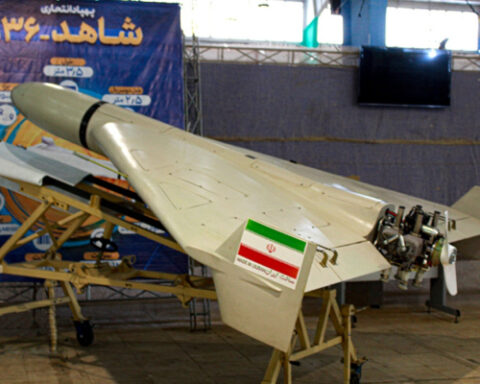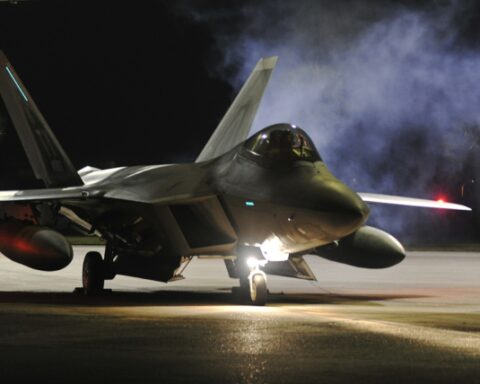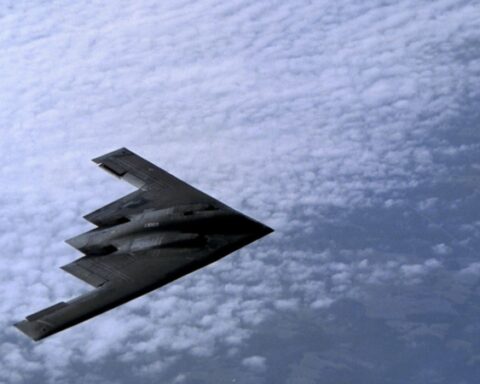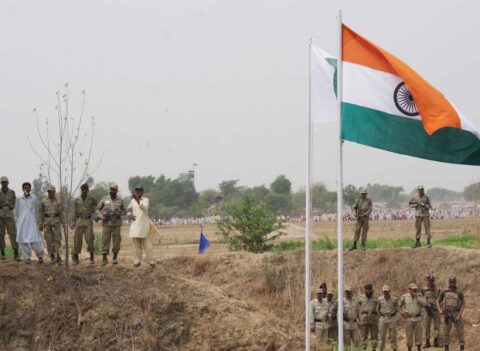The United States is now reportedly pressing both Israel and Hamas to prevent a breakdown of the fragile Gaza cease-fire, as renewed clashes threaten to unravel months of progress toward peace.
According to Israeli and Arab officials, the White House has made clear that escalation will not be tolerated and that all parties must act with restraint.
U.S. special envoy Steve Witkoff and presidential adviser Jared Kushner delivered the message directly to Israeli Prime Minister Benjamin Netanyahu during a meeting in Jerusalem on Monday. The two urged Israel to ensure its responses to Hamas cease-fire violations remain proportional, even as American officials acknowledged Israel’s right to defend itself.
Their warning came after Israel launched dozens of airstrikes on Hamas targets Sunday in retaliation for an attack that left two Israeli soldiers dead. Hamas denied involvement, blaming what it described as a rogue cell. Arab mediators have since intensified pressure on Hamas to prevent any further violations.
President Trump has taken a more forceful tone, publicly warning Hamas on Monday that any continued aggression would be met with swift consequences. “They would be taken care of very quickly if they don’t straighten it out themselves,” the president said, calling on Middle Eastern partners to hold the group accountable.
On Tuesday, Trump wrote that “a number of countries” were prepared to help “crack down on Hamas” if it failed to comply with the cease-fire. While regional governments have privately expressed reluctance to act as enforcers, several nations are reportedly discussing participation in a stabilization force under Trump’s postwar peace plan for Gaza.
That plan envisions a phased transition from Hamas rule to a new governance structure backed by international partners and local Palestinian leaders. Talks on the second stage of the plan have already begun, focusing on Hamas’s disarmament and Gaza’s long-term reconstruction.
Vice President JD Vance arrived in Israel on Tuesday to assess the situation firsthand. Visiting a joint civil-military operations center monitoring the truce, Vance sought to project confidence in the deal’s durability. “Every time there is an act of violence, there is an inclination to say this is the end of the cease-fire,” he said. “It’s not the end. This is exactly how it has to happen when you have people who hate each other and have been fighting against each other for a very long time.”
Vance met with Netanyahu and Egyptian intelligence chief Major General Hassan Mahmoud Rashad, who has been working with U.S. and Israeli officials on implementing the cease-fire. Both sides acknowledged recent violations but said the agreement remained intact.
Israeli officials have complained of Hamas’s slow return of the bodies of hostages and accused the group of continued provocations. Hamas, for its part, has accused Israel of strikes that it claims killed civilians. Still, after Trump’s warning, Hamas reportedly told mediators it would halt public executions of rival factions—an act viewed as a signal that the group does not want to collapse the truce.
Hamas deputy leader Khalil al-Hayya appeared on Egyptian state television Monday to affirm that the group was committed to maintaining peace. “We are determined that this agreement will hold,” he said. “It will last, because we want it to last.”
So far, Hamas has returned 13 of 28 bodies of dead hostages, promising to hand over two more this week.
Despite some frustration in Israel that U.S. pressure has limited its freedom to respond militarily, American officials argue the effort is preventing a wider conflict. “Israel lost its maneuvering space and its ability to be the dominant force in making the decisions in Gaza,” said Michael Milshtein, a former Israeli military intelligence officer. “I am very worried, because it means that decisions could be made that go against Israel’s red lines.”
Still, both sides now appear intent on keeping the cease-fire intact—an outcome that Trump administration officials say underscores the effectiveness of direct U.S. engagement in the region.
[READ MORE: Bolivia Ends Socialist Era as Rodrigo Paz Wins Presidency, Pledges Stronger U.S. Ties]







